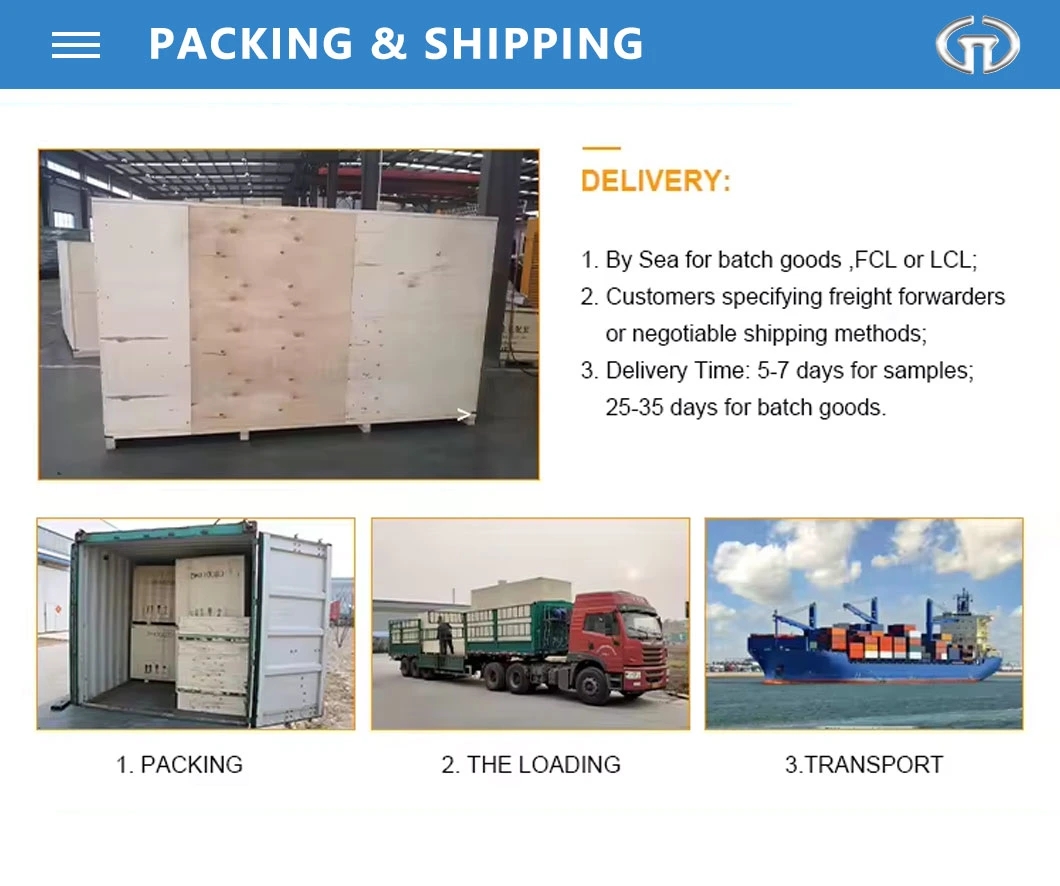Introduction
Diesel generators are a critical component in providing reliable power supply to remote locations where access to the main power grid is limited or non-existent. These generators serve as a dependable source of electricity, ensuring that essential operations can continue even in the most isolated areas. In this article, we will explore the importance of diesel generators for remote control applications, their key features, benefits, and considerations for selecting the right generator for off-grid locations.
Importance of Diesel Generators for Remote Control
In remote locations such as mining sites, construction projects, agricultural operations, and telecommunications infrastructure, having a reliable source of power is essential for maintaining operations. Diesel generators play a crucial role in providing continuous power supply in these off-grid locations, where access to electricity from the main grid is impractical or unavailable.
One of the primary reasons diesel generators are preferred for remote control applications is their robust and reliable performance. Diesel engines are known for their durability, longevity, and ability to operate continuously for extended periods without significant maintenance requirements. This makes diesel generators well-suited for powering critical equipment and systems in remote areas where downtime can have serious consequences.
Another key advantage of diesel generators for remote control is their fuel efficiency. Diesel engines are more fuel-efficient compared to gasoline engines, which results in lower fuel consumption and operating costs over the long term. In off-grid locations where fuel availability may be limited, the fuel efficiency of diesel generators becomes a significant factor in ensuring uninterrupted power supply.
Features of Diesel Generators for Remote Control
Diesel generators designed for remote control applications come with a range of features that make them well-suited for powering off-grid locations. Some of the key features to look for in a diesel generator for remote control include:

1. Portability: Many diesel generators for remote control are designed to be portable, allowing them to be easily transported to different locations as needed. Portability is essential in off-grid environments where power needs may vary or where temporary power supply is required.
2. Weatherproofing: Remote locations are often exposed to harsh weather conditions, such as extreme temperatures, humidity, and dust. Diesel generators with weatherproof enclosures and components are essential for ensuring reliable operation in challenging environments.
3. Remote Monitoring and Control: Advanced diesel generators come equipped with remote monitoring and control capabilities, allowing operators to monitor the generator's performance, fuel levels, and maintenance needs from a central location. Remote monitoring helps in proactive maintenance planning and troubleshooting, preventing unexpected downtime.
4. Fuel Efficiency: Diesel generators optimized for remote control applications are designed for maximum fuel efficiency, ensuring that power can be supplied continuously without frequent refueling. Fuel efficiency is crucial in off-grid locations where fuel availability may be limited.
5. Low Noise Levels: In some remote locations, such as residential areas or nature reserves, noise pollution can be a concern. Diesel generators with low noise levels are ideal for powering sensitive environments without causing disturbance.
Benefits of Diesel Generators for Remote Control
There are several benefits to using diesel generators for remote control applications:
1. Reliability: Diesel generators are known for their reliability and robust performance, making them a dependable source of power in remote locations where access to the main grid is limited.
2. Longevity: Diesel engines are designed to withstand heavy usage and operate continuously for extended periods, making them well-suited for off-grid applications that require continuous power supply.
3. Fuel Efficiency: Diesel generators are more fuel-efficient compared to gasoline generators, resulting in lower fuel consumption and operating costs over the long term.
4. Lower Maintenance Requirements: Diesel engines have fewer moving parts compared to gasoline engines, leading to lower maintenance requirements and longer service intervals.
5. Flexibility: Diesel generators can be used in a wide range of remote control applications, from construction sites to telecommunications towers, providing flexibility in meeting diverse power needs.
Considerations for Selecting a Diesel Generator for Remote Control
When selecting a diesel generator for remote control applications, there are several key considerations to keep in mind:
1. Power Output: Determine the power requirements of your remote location to select a generator with the appropriate power output capacity. Ensure that the generator can handle the peak load demands of your equipment and systems.
2. Fuel Efficiency: Look for a diesel generator with high fuel efficiency to minimize operating costs and ensure continuous power supply without frequent refueling.
3. Portability: If your remote location requires a portable power source, choose a diesel generator that is compact and easy to transport.
4. Weatherproofing: Select a diesel generator with weatherproof enclosures and components to ensure reliable operation in harsh environmental conditions.
5. Remote Monitoring: Consider a diesel generator with remote monitoring and control capabilities to facilitate proactive maintenance planning and troubleshooting.
Conclusion
Diesel generators play a vital role in providing reliable power supply to remote locations where access to the main grid is limited. Their robust performance, fuel efficiency, and reliability make them well-suited for powering off-grid operations in industries such as mining, construction, agriculture, and telecommunications. By considering key features and benefits of diesel generators for remote control applications, operators can select the right generator to meet their power needs in even the most isolated locations.
